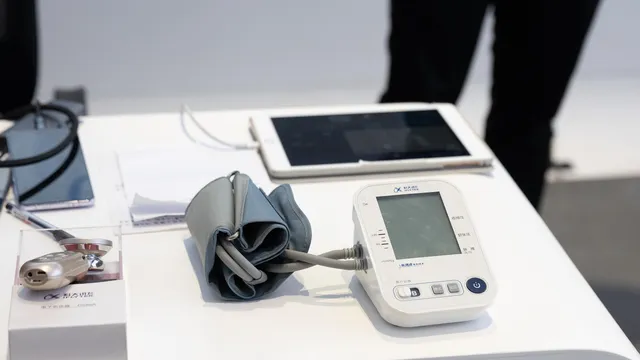Genetics, metabolism, anxiety levels... A number of factors could explain why some people feel no ill effects after a night of heavy drinking. But the mystery remains.
It's a pain we're all familiar with. It's that Sunday morning after a night of drinking when everything is a blur except for one very clear thing: "Never again." It's the price you pay for too much alcohol: headaches, stomach pains, and anxiety. Some people have never experienced a hangover. These select few experience the aftermath of a binge without any negative effects and can display their usual enthusiasm as if nothing had happened. But who are they? What is their secret?
The New York Times reports that for the past fifteen years, researchers have been studying these "people who are immune to hangovers" to understand what sets them apart from ordinary mortals. Why, since the invention of mead, have they been spared this human affliction? For now, we really don't know. All we can say is that they exist and that they are not rare.
Their existence was discovered somewhat by accident in 2008. At that time, a study published in the National Library of Medicine sought to understand the extent to which alcohol consumption could affect the performance of its participants. The result was that a quarter of them were not affected.
The researchers then continued their study by conducting a series of experiments. To this end, they had the participants drink a sufficient amount of alcohol and the next day asked them a series of questions to measure the extent of their suffering. The scientists also reviewed previous studies of adults, some of whom had been monitored for alcohol-related disorders. "It was the same number over and over again," says Dr. Howland, a professor at Boston University School of Medicine (Massachusetts) and co-author of the study.
Although there is no certainty about the sustainability of hangovers, scientists have put forward a number of theories. One of them is that a genetic factor determines whether a person has this gift or not. According to Anne-Catherine Stock, a neurologist at the Technical University of Dresden, Germany, people who metabolize alcohol more quickly tend to have less severe hangovers.
In addition, she says that those who experience the fewest side effects from drinking are often people with low levels of daily anxiety. On the other hand, those who are prone to stress and anxiety generally have a harder time in the morning.
More broadly, another theory explains that people with weaker immune systems tend to have a harder time coping with alcohol than those who are resilient. While we wait for one of these theories to be confirmed or to discover the secret to getting rid of a hangover, it is important to listen to our bodies and minds. And, of course, to drink in moderation. |BGNES

 Breaking news
Breaking news
 Europe
Europe
 Bulgaria
Bulgaria







